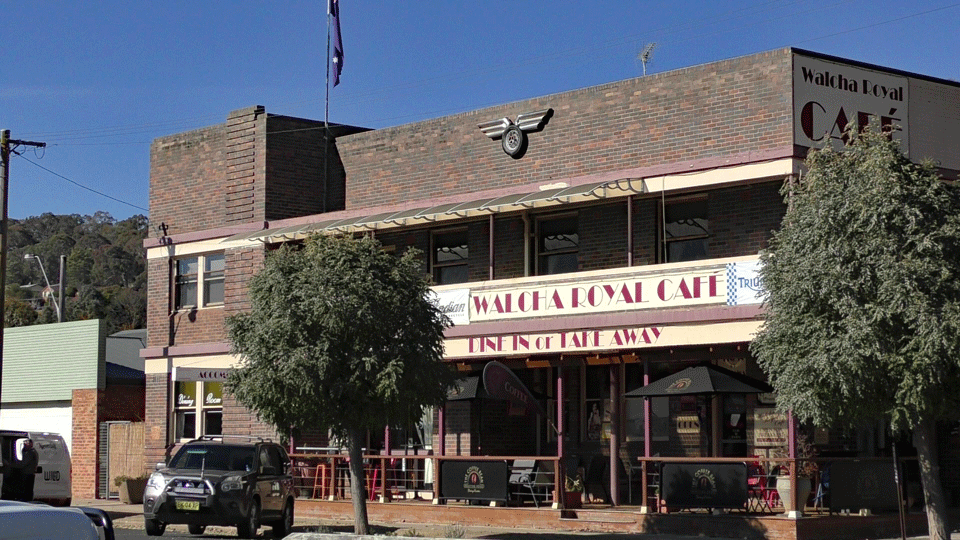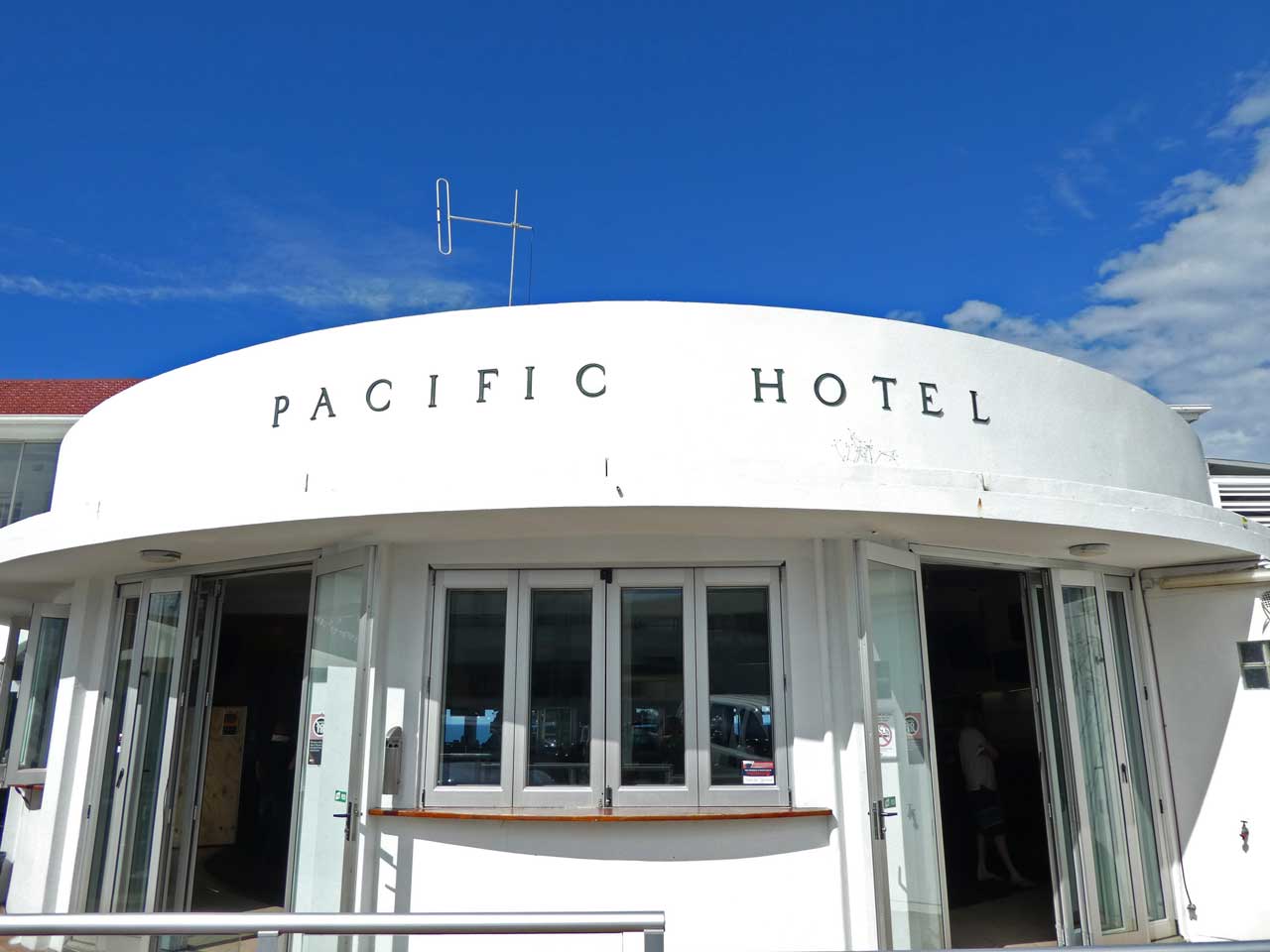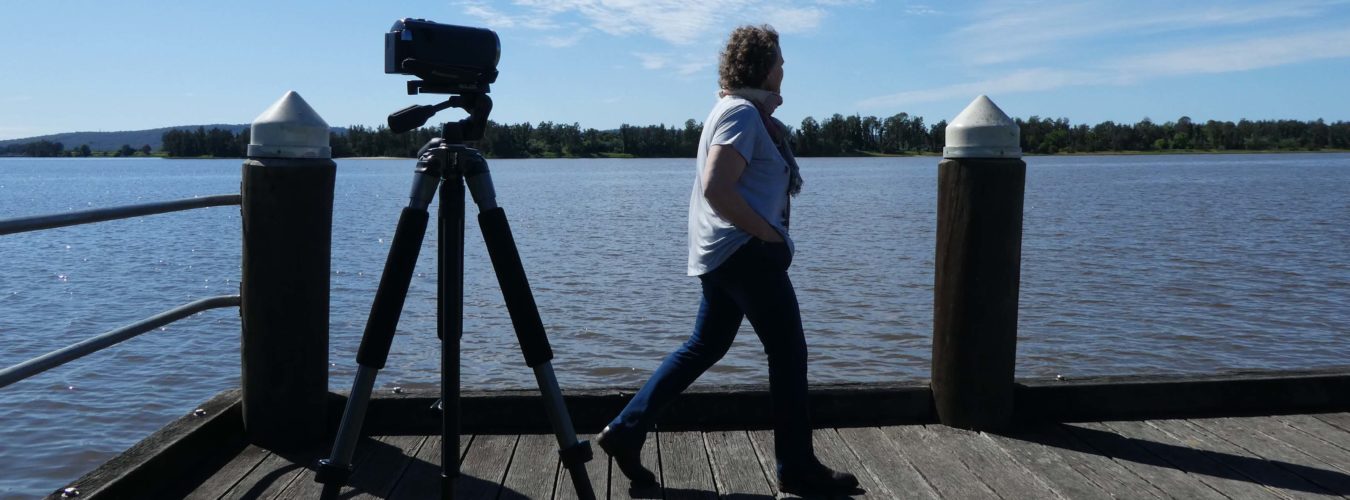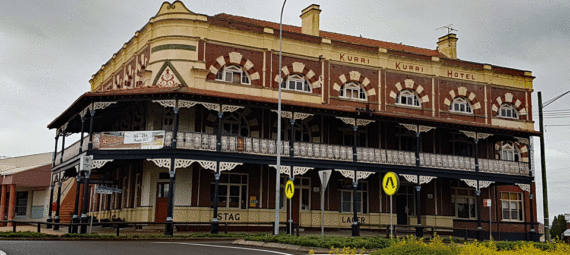Now that the Coronavirus pandemic has closed the doors of so many Australian pubs to all of us, I’ve never missed them more. I’m looking forward to that cold beer and a great pub meal when this health crisis is over, and my heart goes out to all the people whose jobs have been affected by forced closures.
‘Dejaflu’ for pubs
When it comes to pandemics, Australia has certainly been here before. The similarity between the devastating Spanish flu of 1919 and today’s rapidly spreading coronavirus is startling. During the 1919 disaster (which killed 15,000 Australians and millions worldwide) pubs were among the many places forced to close to stop the spread.

Wonderful watering holes
Aussie hotels are pretty special. We’ve found this over and over on our travels. For one thing, they are often so wonderfully prominent in the streetscape. Striking architecture that often hints at grander and more prosperous days. It’s something I’ve particularly noticed in the Hunter Valley in NSW where magnificent hotels were built on the wealth generated by coal mining. Some have seen better days for sure, but still impressive buildings even today. Maitland, Kurri Kurri and Cessnock have a plethora of these wonderful old hotels.

Pubs v hotels
Unlike the English and Irish pubs from which they descend, Australian Hotels have always served multiple purposes. Traditionally in the UK, pubs – or public houses – were for the serving of alcohol while hotels provided accommodation for travellers.

Australia’s vast distances and early isolation saw its pubs develop a distinctive combination of both booze and beds. And because they were frequently the first structures built in newly colonised areas (think gold rush) they might also have been post office, restaurant, meeting place and general store. Up until the 1980s, Australian hotels were bound by law to provide accommodation as well as alcohol.
Top pub names
You don’t have to go very far to start noticing repeated themes in the naming of Aussie pubs. At the top of the list appears to be the astonishingly common Royal. I challenge anyone to come forward who does not know, or who has not walked into, some version of The Royal Hotel. According to that respected research organisation, G’day Pubs there are 244 Royal Hotels in Australia and that’s not counting variations on that name (The Royal Oak, The Royal Mail, The Royal Duke). Rounding out the top ten names are Commercial (139) then Railway (82) Grand (73) Exchange (42) Victoria (39) Crown (36) Imperial (34) Star (34) Club (33).

I came across an interesting article by the ABC’s Curious Central West in which they interviewed Emeritus Professor of History at La Trobe University, Diane Kirkby, who co-authored the book, The Australian Pub.

In her view the royal naming preference was an example of early marketing with its connotations of the upper class aimed at attracting the well-off visitor. She said it was also linked to our strong ties to Britain and its royal family. In other cases, pub names simply echoed their location. Railway, Terminus, Station and Court House hotels are obvious examples. The name of the town in which they occured was also common. A large number were simply named after the publican.

Times are changing
Opening hours for Australian pubs has been a work-in-progress since the earliest days. Then, as now, alcohol had some negative social consequences which gave rise to organisations devoted to reducing consumption. In Australia, the temperance movement began in the mid-1830s, promoting moderation rather than abstinence.

In the 1880s, a significant number of hotels around the country were built as or converted to coffee palaces, where no alcohol would be served. With the waning of the influence of the temperance movement, most of these hotels either applied for liquor licenses or were demolished. An example of this is the distinctive all-timber Dromedary Hotel at Central Tilba which started life as a coffee palace before getting an alcohol licence at the earliest opportunity.

Temperance groups managed to bring in mandatory closure of hotel bars and public houses at 6 pm, from the previous norm of 11 or 11.30 pm. War time austerity helped to fuel this move and many states adopted some form of early closing. For all that, Six o’clock closing was considered a failure as it did not curb alcohol consumption and led to the notorious six o’clock swill where customers would rush to drinking establishments after work and consume alcohol heavily and rapidly in anticipation of the 6 o’clock closing.

Women not allowed
As a woman of a certain age, I recall the days when the pubs were still well segregated – with men in the “front” bar and women in the lounge bar. For a long while in Australia women could not even enter the lounge without a bloke and could not even buy their own drinks. Unthinkable rules for today’s pub-goers of either sex.

By the time I was frequenting pubs with my friends as a 20-something, I’m not sure if it was still legally forbidden to go out to the men’s bar, but few of us ever did. Full of old codgers. The segregation laws formally ended in Australia by the mid-1970s after feminists fought for the discrimination to end.

